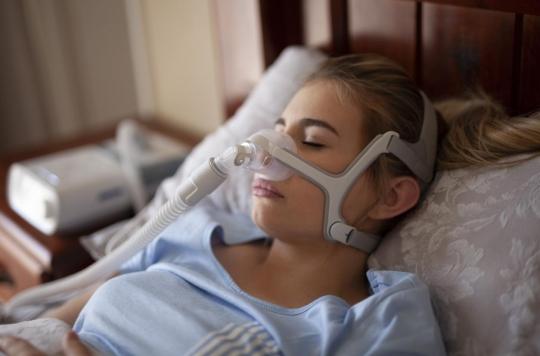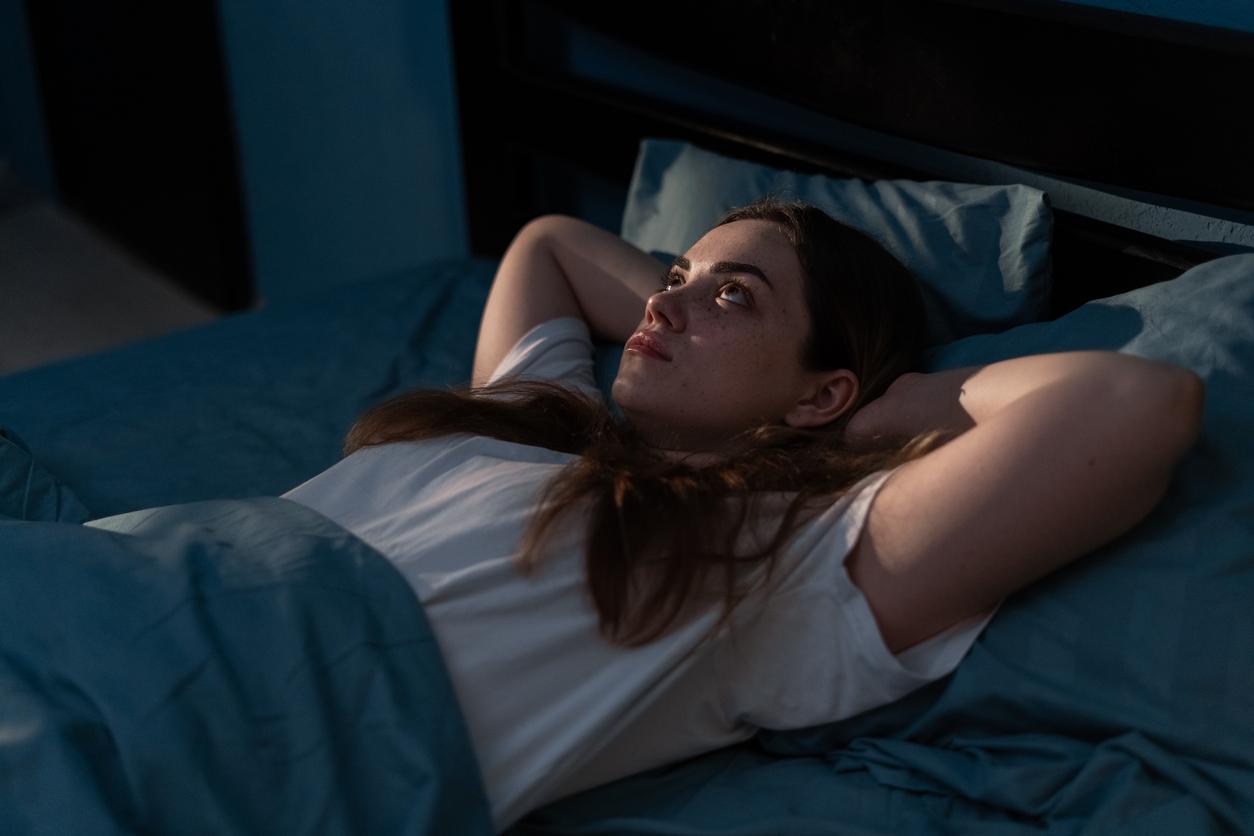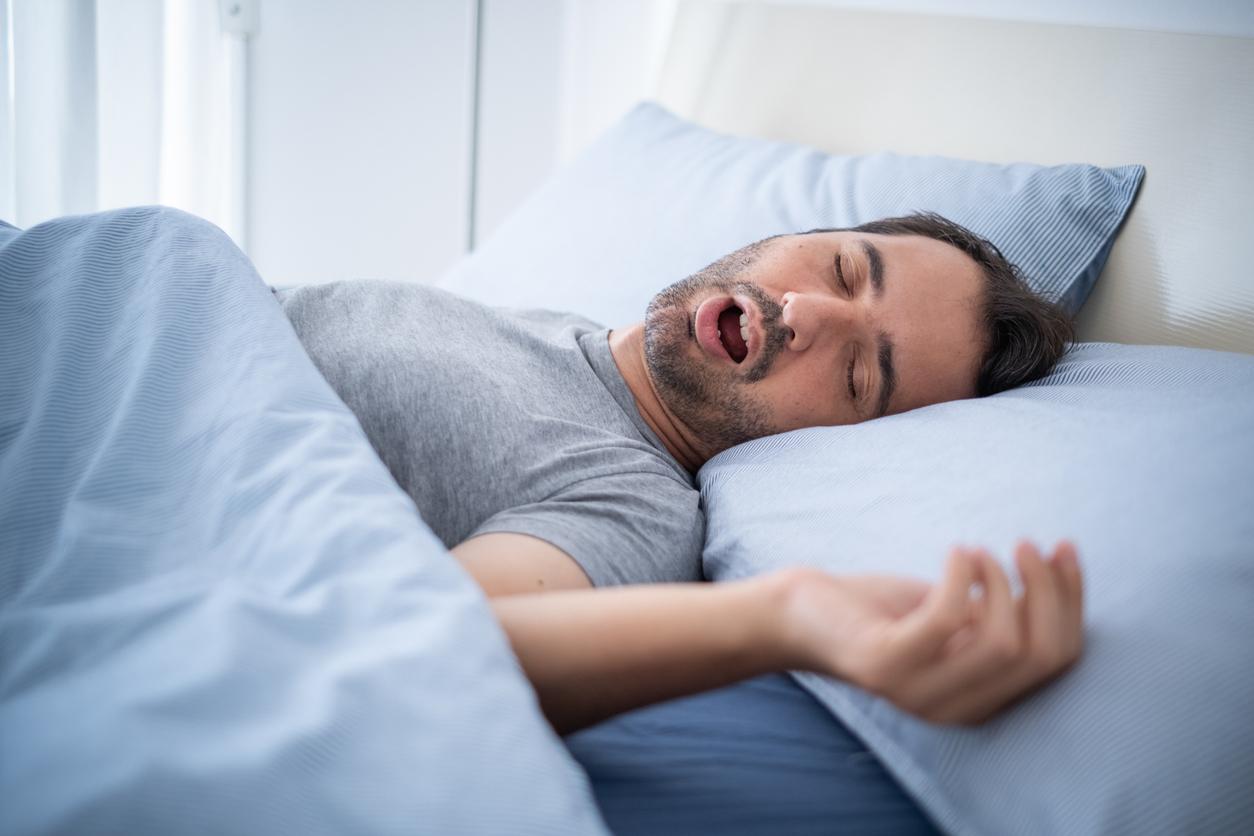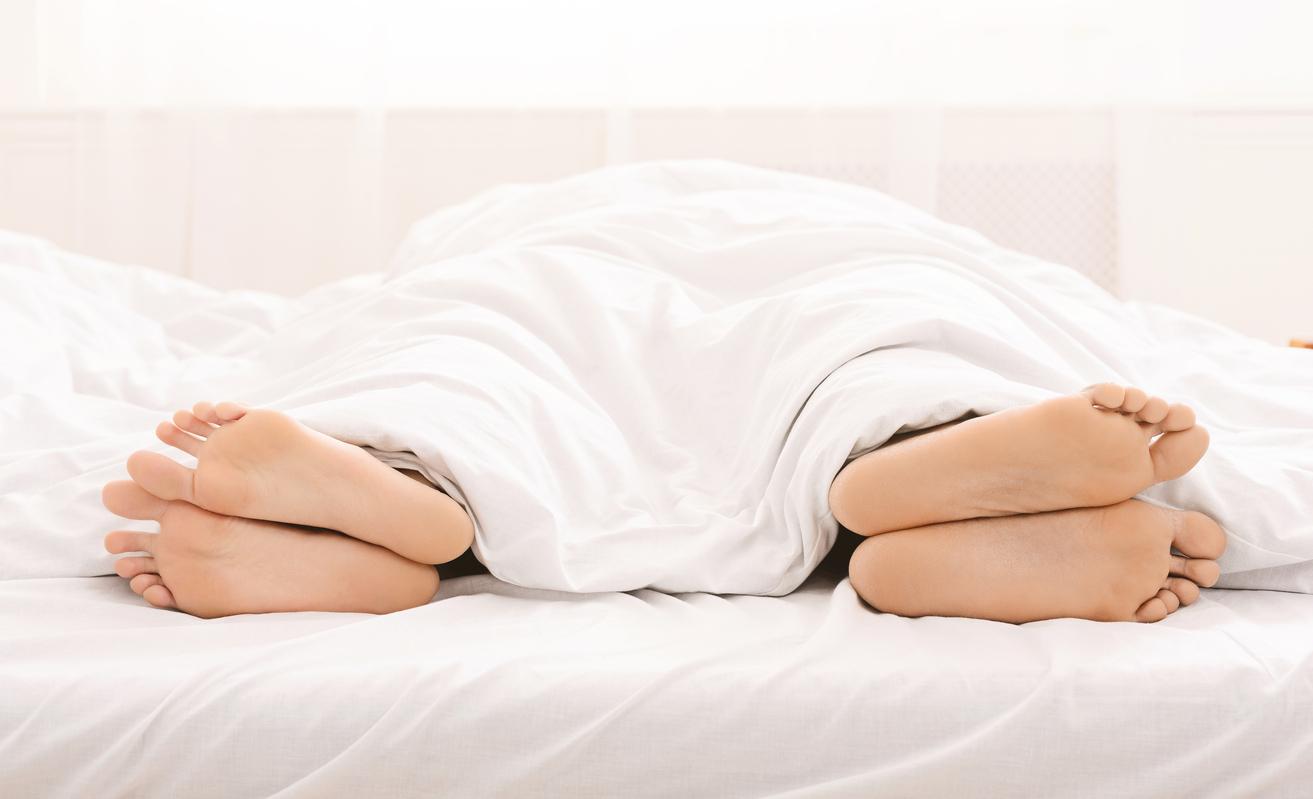Sleep-related breathing problems such as snoring and sleep apnea have deleterious effects on health.

- Frequent snorers and people with sleep apnea are less active during the day.
- Sleep apnea is associated with nocturnal snoring and daytime sleepiness as a result of very disturbed sleep.
- In France, sleep apnea affects 4% of the population.
The causal link is already known and researchers from the American Academy of Sleep Medicine found that frequent snorers and people with sleep apnea are less active during the day due to bad nights. But their work sheds some light on this link.
36 more sedentary minutes per day
According to their study, frequent snorers had about 36 more minutes of sedentary postures per day, compared to those who reported never snoring. Similarly, people at high risk of sleep apnea were sedentary about 44 more minutes per day.
As lead author Dr. Michael Grandner, director of the Sleep and Health Research Program at the University of Arizona, explains, the health implications are real:
“These issues don’t just affect the night. They can lead to more fatigue and less energy, which can impact everything from mood to stress to – as we’ve seen – the activity level. This may be why the simple act of snoring can impact health and well-being.”
A third of those over 65
Sleep apnea syndrome, which affects 30% of people over 65, leads to very poor quality sleep. This syndrome is manifested by repeated and uncontrolled interruptions of breathing during sleep that last from 10 to 30 seconds or more and can occur at least 5 times per hour of sleep and repeat a hundred times per night.
These interruptions are due to repeated complete or partial obstructions of the respiratory passages of the back throat occurring during sleep and which cause a lack of oxygen, which lack of oxygen causes the brain to react and the person to wake up to resume his breathing. These awakenings are of short duration: “micro-awakenings” of which the sleeper is not aware, specifies the study.
“Sleep apnea increases the risk of cardiovascular disorders, such as metabolic syndrome (combining abdominal obesity and metabolic disorders), hypertension, heart rhythm disorders especially at night, atherosclerosis (deposits of atherosclerotic plaques on the wall of the arteries) or even type 2 diabetes. These various complications increase the risk of cardiovascular accident such as cardiac arrest, myocardial infarction, stroke, and expose to a risk of premature death”, indicates Inserm.
Avoid blockage of inspiration
In cases of severe sleep apnea, the treatment consists of the use of a device at night which sends air into the airways. This avoids the blockage of inspiration and prevents the occurrence of apnea.
The nasal mask connected to the machine by a flexible hose is applied to the face by a harness system.
In mild forms, following a few measures such as losing weight in the event of obesity, adopting regular physical activity, quitting smoking or even sleeping on your side rather than on your back, may be sufficient.

















